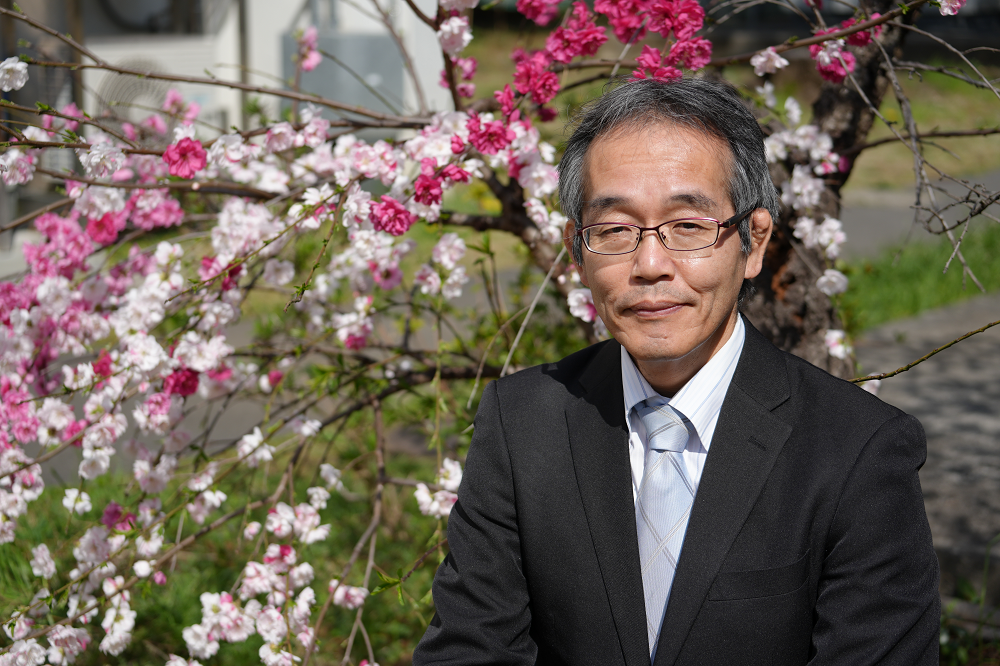 |
NAGASAKI Yuji |
On April 1, 2024, I was appointed as the Director of Institute of Agricultural Machinery (IAM). I would like to take this opportunity to make a few remarks.
IAM, in collaboration with the Ministry of Agriculture, Forestry and Fisheries of Japan (MAFF), private companies, universities, and public research institutes, has been engaged in the development, improvement research, and inspection of agricultural tools and machinery. We have a history of over 60 years since the establishment of "The Institute of Agricultural Machinery", a semi-governmental corporation, in 1962. We have contributed to labor-saving and improved safety in agricultural work in Japan through the development and practical application of high-speed rice transplanters & general-purpose combine harvesters, as well as safety inspection.
In order to achieve the organizational goals of National Agriculture and Food Research Organization (NARO): 1) Increasing food self-sufficiency rate and ensuring food security, 2) Strengthening industrial competitiveness of agricultural products and food and expansion of exports and 3) Achieving both increased production and environment conservation, IAM promotes the development and on-site implementation of agricultural machinery, which is the core of smart agricultural technology. We are also promoting the construction of agricultural work safety systems with the aim of zero accidents. We are addressing the issue of the fusion of AI, robotics, and agricultural machinery in the similar way that we responded to the trend of mechatronics in the 1990s. We will continue to strive for research and development with the aim of making agricultural machinery more intelligent, and also its practical application with high performance and reasonable product costs for agricultural applications.
In NARO's 5th Mid-term Plan, which started in 2021, IAM is working on the theme of "building highly efficient and safe smart agriculture and promoting international standardization." After the mid-year period, we will promote social implementation and improve our international presence with an awareness of exit strategies, such as by exchanging data on smart agricultural machinery and developing safety evaluation methods.
Six years have passed since the establishment of the Technological Cluster Projects for Agricultural Machinery, which has responded to the needs of production sites and government departments. We have commercialized many agricultural machines, mainly for vegetable and fruit farming, where mechanization is lagging behind, and results are steadily being achieved along with the practical application of innovative core technologies compatible with smart agriculture. We are conducting safety inspections of agricultural machinery and facilities, including robotic agricultural machinery. Also, we have reached a turning point in the review of safety assessment methods and efforts aimed at international standardization, and we are expecting good results.
Furthermore, we are currently working towards the development and demonstration of the rice transplanter which can plant rice seedlings in both longitudinal and lateral rows. This serves as a technology development in response to the expansion of organic farming area of the "Green Food System Strategy" formulated by MAFF in 2021. We will strive to create results that leverage the strengths of IAM while collaborating with private companies and research institutions to realize government policies. We look forward to your continuous support and cooperation with our institute.




